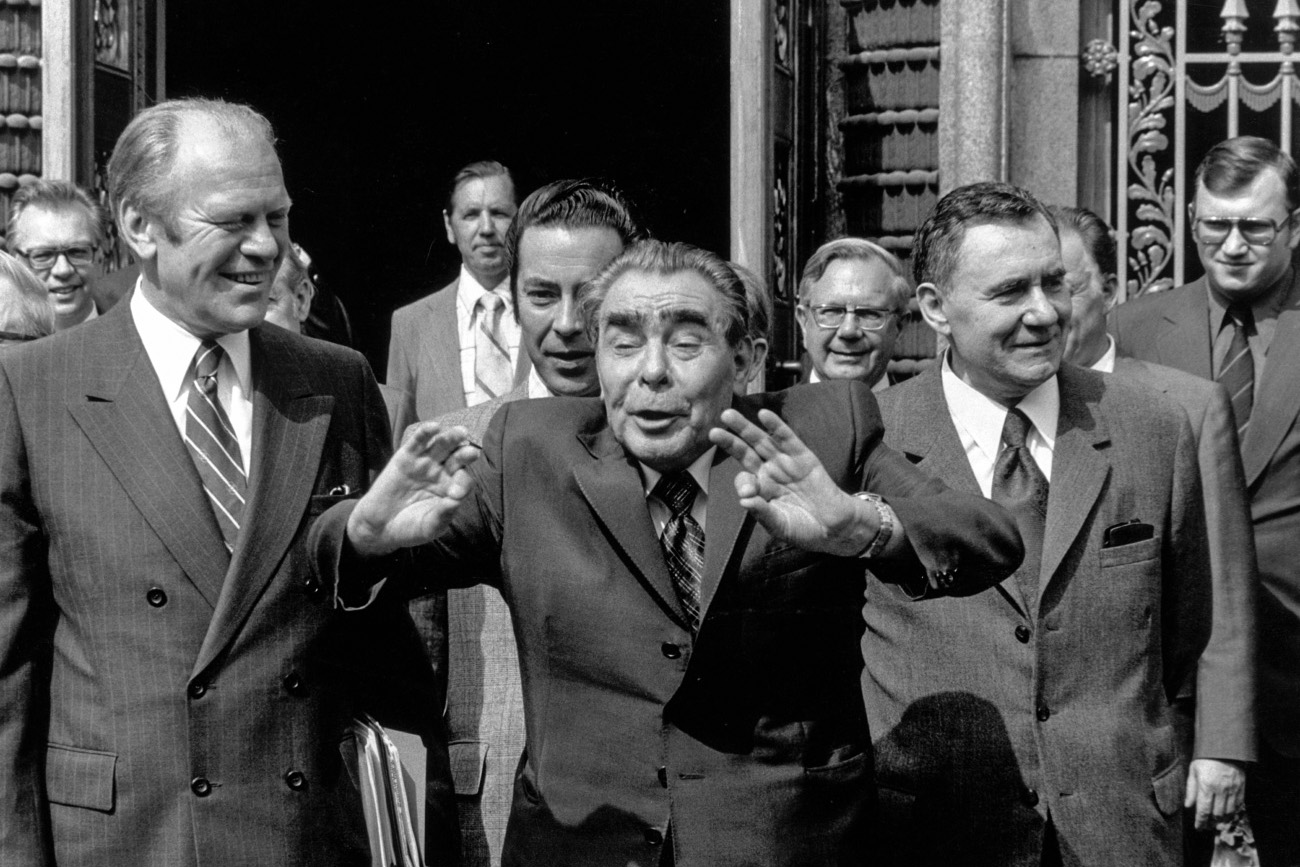
New airline squeezes into crowded skies

Switzerland's new national airline "swiss" is promising to turn a profit by 2004 in a marketplace fraught with risk and uncertainty.
Prospects for new national carrier, which officially takes to the skies next Monday, are being talked up in the face of warnings that Europe’s crowded aviation market is too small to sustain another airline on the scale of swiss.
Created from the regional carrier, Crossair and the collapsed Swissair, swiss is hoping to achieve a turnover of SFr5 billion ($3 billion) and break even for the business year 2003.
“We are a national project and we are ready!” the airline’s chief executive André Dosé told a media presentation on Tuesday, when he revealed that it had entered into an alliance with American Airlines, and was expecting to become a full member of the “oneworld” alliance, of which American was a founding member.
“Swiss business, Swiss politics and the Swiss people have joined hands and invested SFr2.7 billion to launch “swiss”, he added.
Slump
However, there are mixed feelings from analysts as to whether swiss can fulfil the promises of its management against the background of a slump in the aviation industry after the September 11 terrorist attacks in the United States.
“It’s a very difficult environment for any of the airlines to be operating in,” said Hilary Cook, an equity strategist at Barclays in London.
“There are still too many European airlines and too many barriers in the way of consolidation to really get costs down,” she told swissinfo. “But Crossair showed that it was possible to make money provided your cost base is low.”
She commented that one of the big determining factors for 2003 would be whether oil prices, currently at low levels, would stay that way.
“It should be possible for swiss to make a profit. But then again, there’s making a profit and making a good return for investors. They are quite different things,” she said.
Too big for the market?
Other aviation observers have argued that “swiss” will have too big a fleet for its market and costs will balloon over time.
The new airline’s bosses retort that they have reduced capacity by 30 per cent compared to the former Swissair operations, with a significantly reduced fleet and smaller average aircraft size.
The company argues that the carrier has low maintenance costs for its aircraft fleet and has reduced staff costs. The priority now will be on consolidation, rather than expansion, it says.
“The first three months of the year have been very promising. We are well above our targets, so if things go well and if our product gets well established, I think “swiss” will be a big success,” the airline’s sales and marketing head, Arjen Pen, told swissinfo.
There have been concerns that “swiss” will have no easy task in competing in the marketplace against easyJet and other no-frills airlines but Pen does not see a big problem.
Low-cost carriers
“easyJet and “swiss” are aiming at different customer groups. The low-cost carriers have been very successful in creating their own market…with low prices, low costs and low quality but they are not our main competition. We are flying parallel to two or three destinations but to different airports,” he pointed out.
Whatever the analysts say, Pen is convinced that “swiss” has a viable future. He feels the majority of financial observers are not sceptical.
“We have the most solid balance sheet in the industry. We have a very solid business plan and the current figures are speaking for us. “swiss will be a very interesting investment for any shareholder in the world,” he said.
The new airline’s optimistic message was strengthened on Tuesday with the news that it had entered into an alliance with American Airlines, and was expecting to become a full member of the “oneworld” alliance, of which American was a founding member.
“If you have a partner which is the largest airline in the world and in the US, it’s very helpful to position ourselves in this very important market,” said Pen.
“The North Atlantic market represents 30 per cent of our entire long-haul capacity, so you can immediately see the importance of having this partnership,” he added.
by Robert Brookes

In compliance with the JTI standards
More: SWI swissinfo.ch certified by the Journalism Trust Initiative





































You can find an overview of ongoing debates with our journalists here . Please join us!
If you want to start a conversation about a topic raised in this article or want to report factual errors, email us at english@swissinfo.ch.